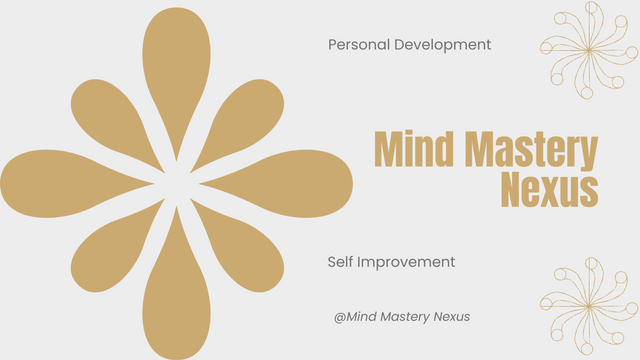
Time is a valuable resource in today's fast-paced world. We all have the same 24 hours in a day, but some people can achieve a tremendous amount of work while others struggle to keep up. The distinction is in the art of time management. Mastering this ability is essential for increased productivity and success in both personal and professional undertakings.
Time Management
Time management is the process of organizing and planning how to allocate your time efficiently among many activities. Setting priorities, developing plans, and allocating resources to maximize productivity are all part of the process. Effective time management enables you to make the most of each day and accomplish more while feeling less stressed.
The Advantages of Time Management
Increased Productivity
By successfully managing your time, you remove useless activities and focus on those that move you closer to your goals. As a result of making the most of your available time, you will be more productive.Stress Reduction
Poor time management frequently leads to stress and overwhelm. You gain control over your calendar by planning and prioritizing your tasks, which reduces stress and allows for a more balanced living.Improved Decision Making
Time management forces you to evaluate the value and urgency of tasks. You acquire superior decision-making skills and avoid unnecessary distractions by making intentional choices about how you spend your time.Improved Focus
Good time management allows you to stay focused on the subject at hand. You can concentrate on key tasks and perform them more efficiently if interruptions are eliminated or minimized.
Techniques for Improving Time ManagementSet Specific Goals
Begin by outlining your short-term and long-term objectives. Divide them into smaller, more achievable tasks and assign deadlines to each. Having specific goals offers you direction and drive to efficiently prioritize your time.Prioritize Tasks
Not all tasks are created equal. Use techniques such as the Eisenhower Matrix, which classifies jobs according to their relevance and urgency. Concentrate on high-impact activities that are in line with your objectives.Make a Schedule
Plan your day or week ahead of time. Set up specified time intervals for each work and adhere to the timetable as much as feasible. Allow for buffer time in your schedule for unforeseen events or crises.Avoid Procrastination
Procrastination is a significant time thief. Create tactics to change this behavior, such as breaking activities down into smaller pieces, setting deadlines, and employing time-blocking approaches. Start with the most difficult activities first to gain momentum and avoid procrastination.Reduce Distractions
Identify and eliminate or reduce distractions that take your time and attention. This could mean turning off phone notifications, removing unneeded computer tabs, or locating a quiet location where you can concentrate without interruptions.Delegate and Outsource
Learn to delegate and outsource duties that can be handled by others. Determine which duties are not vital to your job and consider outsourcing or delegating them to free up your time for other critical activities.Take Breaks and Rest
It may seem contradictory, but taking regular breaks and resting is essential for productivity. Avoid burnout by taking frequent short pauses, practicing relaxation techniques, and getting enough sleep.Learn to Say No
Saying yes to every request or invitation might soon overburden your schedule. Learn to decline activities or projects that do not support your goals or priorities. Remember that by saying no, you are saying yes to something more essential.
Conclusion
Time management is a skill that can change your life. You may increase your productivity and achieve success in all aspects of your life by properly organizing your time, making clear goals, and prioritizing chores. Make time management a habit by following the advice given above. You'll find yourself doing more, feeling less stressed, and living a more balanced and meaningful life with devotion and practice. Remember that time is the only resource that cannot be replenished, so spend it carefully.